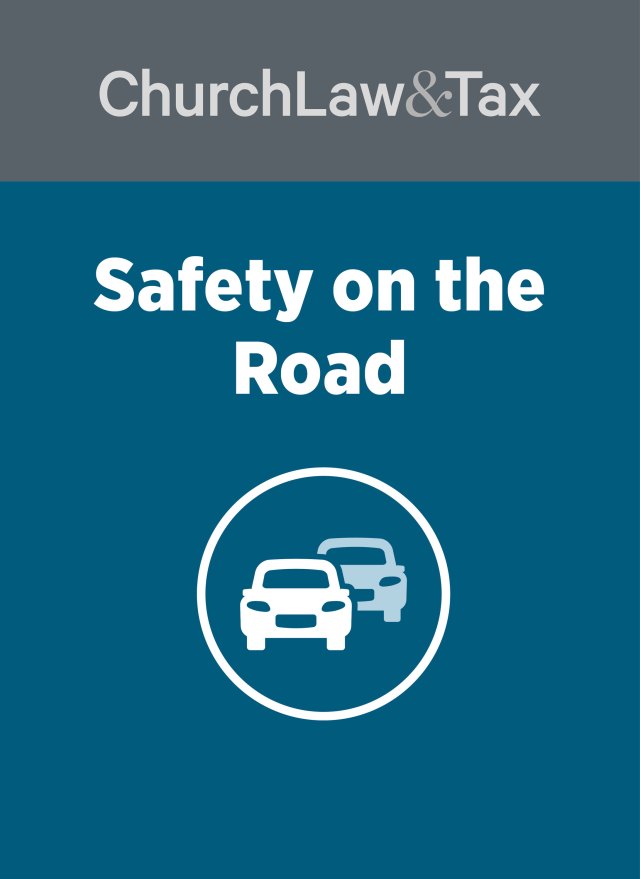Background. Most general liability insurance policies contain an “auto exclusion” that eliminates coverage for injuries involving the use of a church vehicle. As a result, a separate auto policy or endorsement must be purchased. It is important for church treasurers to be sure that the amount of coverage available under their auto policy is adequate, because a judgment or settlement in excess of this amount will have to be paid by the church out of its own resources. In most cases, it will not be able to look to its general liability policy for additional coverage. A recent case in Massachusetts addresses this important issue.
A 15-year-old boy was severely injured in a one-car rollover accident at a church camp. The car was owned by the camp and was being operated by a person who was not licensed to drive. The victim sued the camp and a camp supervisor (“Anne”) claiming that they were guilty of negligent supervision in allowing an unlicensed driver to drive a camp vehicle. The parties settled the lawsuit for $650,000, of which $500,000 was paid by the camp’s automobile policy. The camp paid the remaining $150,000, and then asked its general liability insurer to reimburse this amount. The general liability insurer refused on the ground that the camp’s policy clearly excluded coverage for claims for “bodily injury arising out of the ownership, maintenance, use or entrustment to others of any auto owned or operated by the insured.” The camp argued that this exclusion did not apply since it was being sued for negligent supervision of the driver. It asked a court to determine whether the general liability policy provided coverage for the accident.
The court’s ruling. The camp’s general liability insurance policy listed the camp as an insured party, but it also listed the camp’s “employees” as insured parties with respect to “acts within the scope of their employment or while performing duties related to the conduct of [the camp’s] business.” The camp noted that the policy also contained a “severability of interests clause” stating that “this insurance applies separately to each insured against whom claim is made or suit is brought.” The camp argued that even if the “auto exclusion” clause prevented it from recovering any of the $150,000 settlement amount under the general liability policy, the severability clause provided coverage for the negligent supervision claims against Anne. As a result, the insurer had to reimburse the camp for the $150,000 settlement.
The court concluded that the severability clause did not obligate the general liability insurer to pay any portion of the settlement. It observed,
The claims against Anne involve actions falling within the scope of her employment for which the camp is vicariously liable. The camp purchased a commercial automobile insurance policy that insured Anne for the alleged negligent acts. We think that when the real party in interest, here the camp (which, as we have noted, paid $135,000 toward the settlement that resolved the claims against it and Anne), seeks coverage or payment … under its general liability policy for the consequences of an injury caused by a motor vehicle it owns … the vehicle owner is not entitled to be defended or reimbursed for payments made to resolve claims of negligent supervision or against analogous claims.
Relevance to church treasurers. This case demonstrates the importance of purchasing adequate automobile insurance. The problem in this case was that the camp’s auto policy was not adequate to pay all of the $650,000 settlement and so it was forced to seek coverage under its general liability policy despite the “auto exclusion.” The court rejected the camp’s attempt to avoid the auto exclusion by relying on Anne’s individual coverage under the policy for acts within the scope of her employment.
Church treasurers should review their church insurance policies with their insurance agent to be sure that the church has adequate coverage for injuries resulting from the operation of church-owned or rented vehicles, as well as “non-owned” vehicles. As this case illustrates, inadequate coverage can result in a substantial financial risk. Society for Christian Activities v. Markel Insurance Company, 775 N.E.2d 1244 (Mass. App. 2002).
Society for Christian Activities v. Markel Insurance Company, 775 N.E.2d 1244 (Mass. App. 2002)Need more information? See the church insurance checklists that appeared in the July and August 2002 issues of Church Treasurer Alert!
This article first appeared in Church Treasurer Alert, October 2003.


